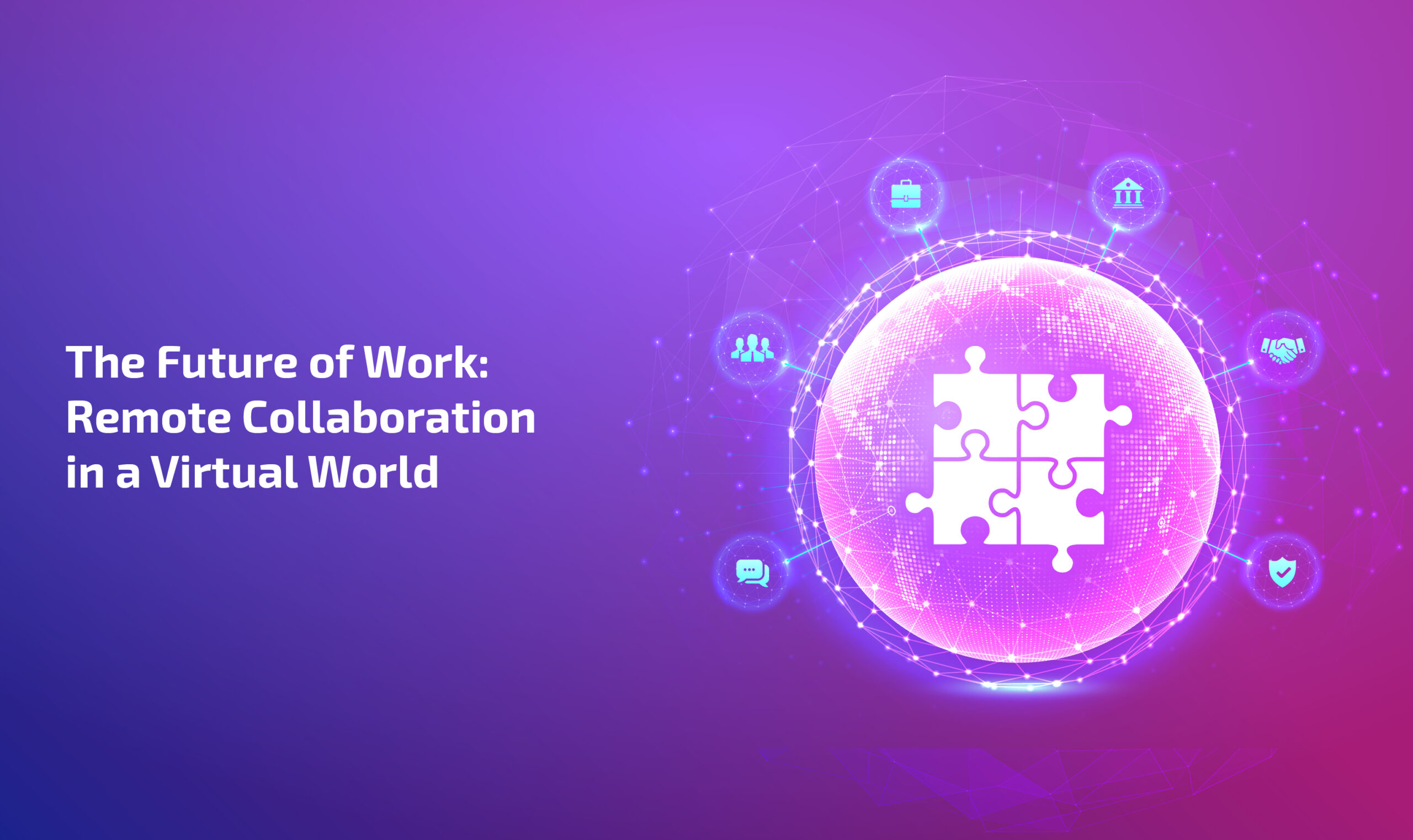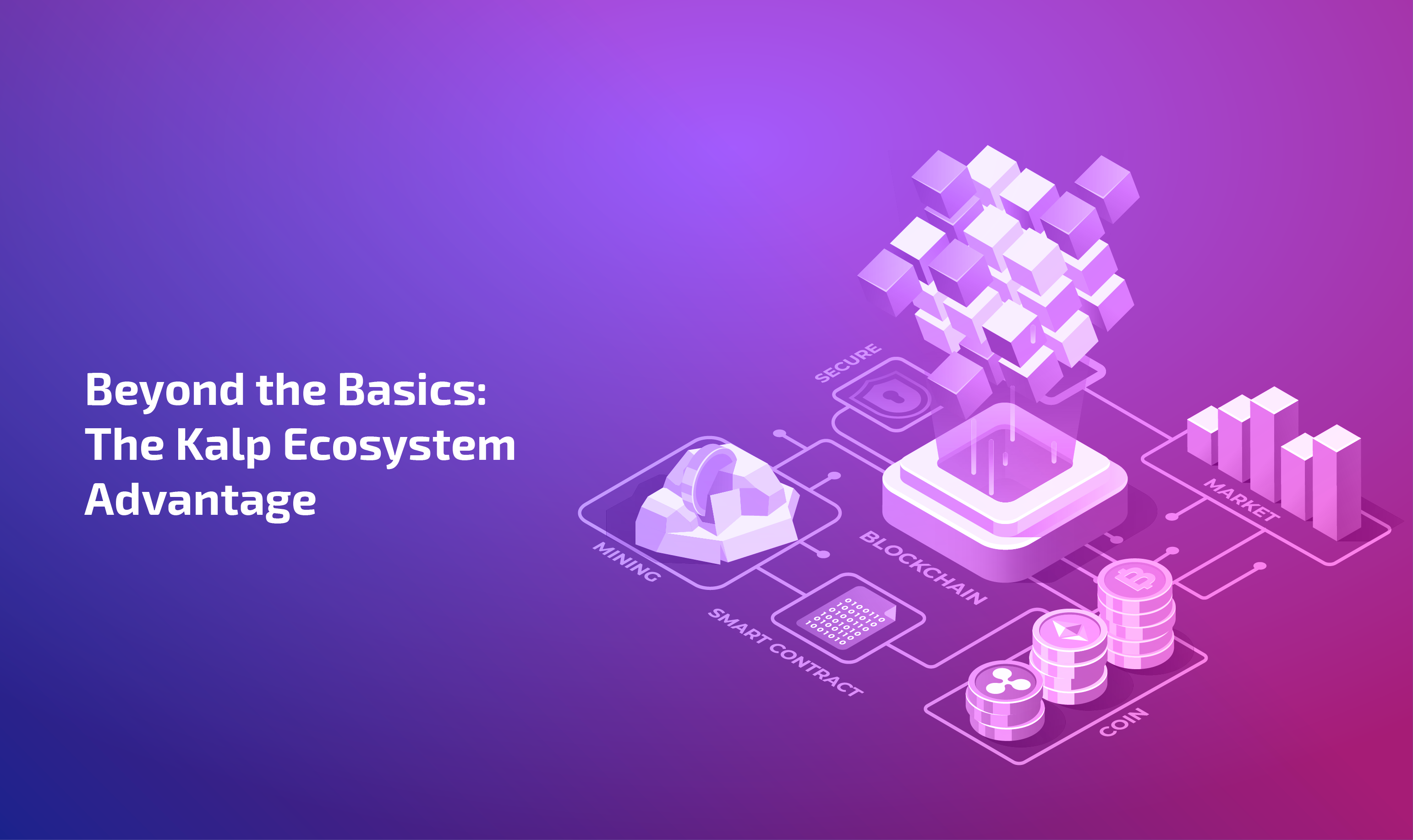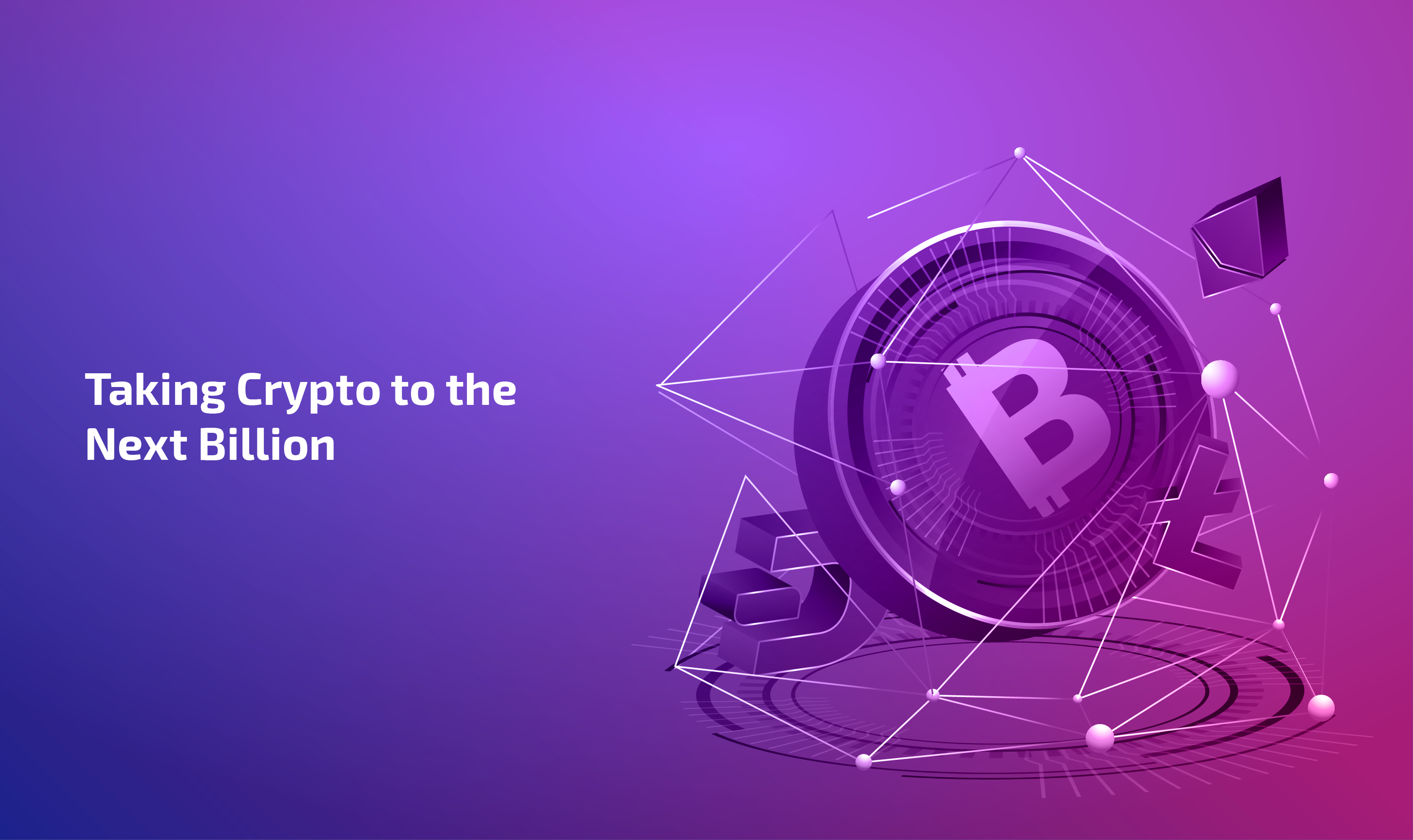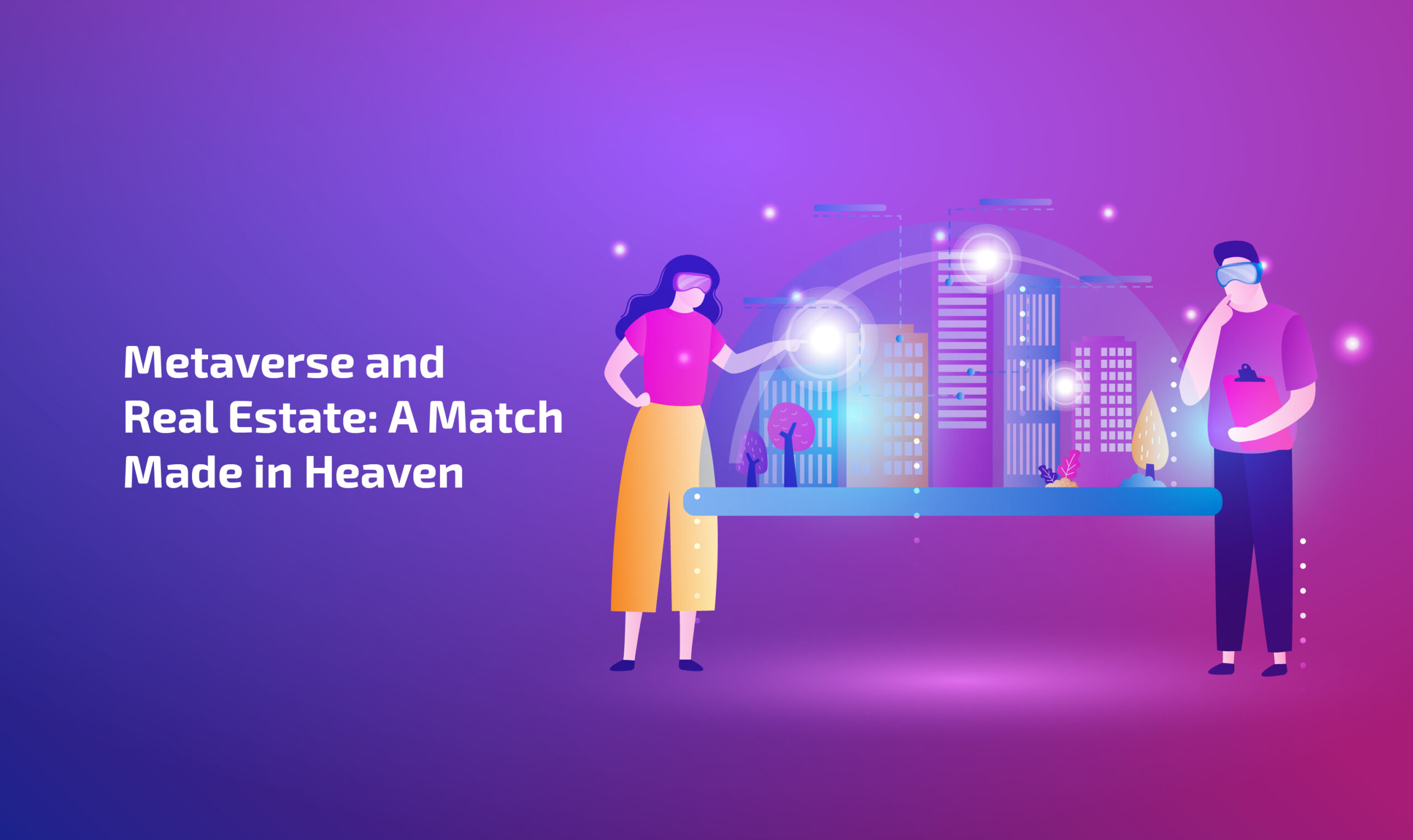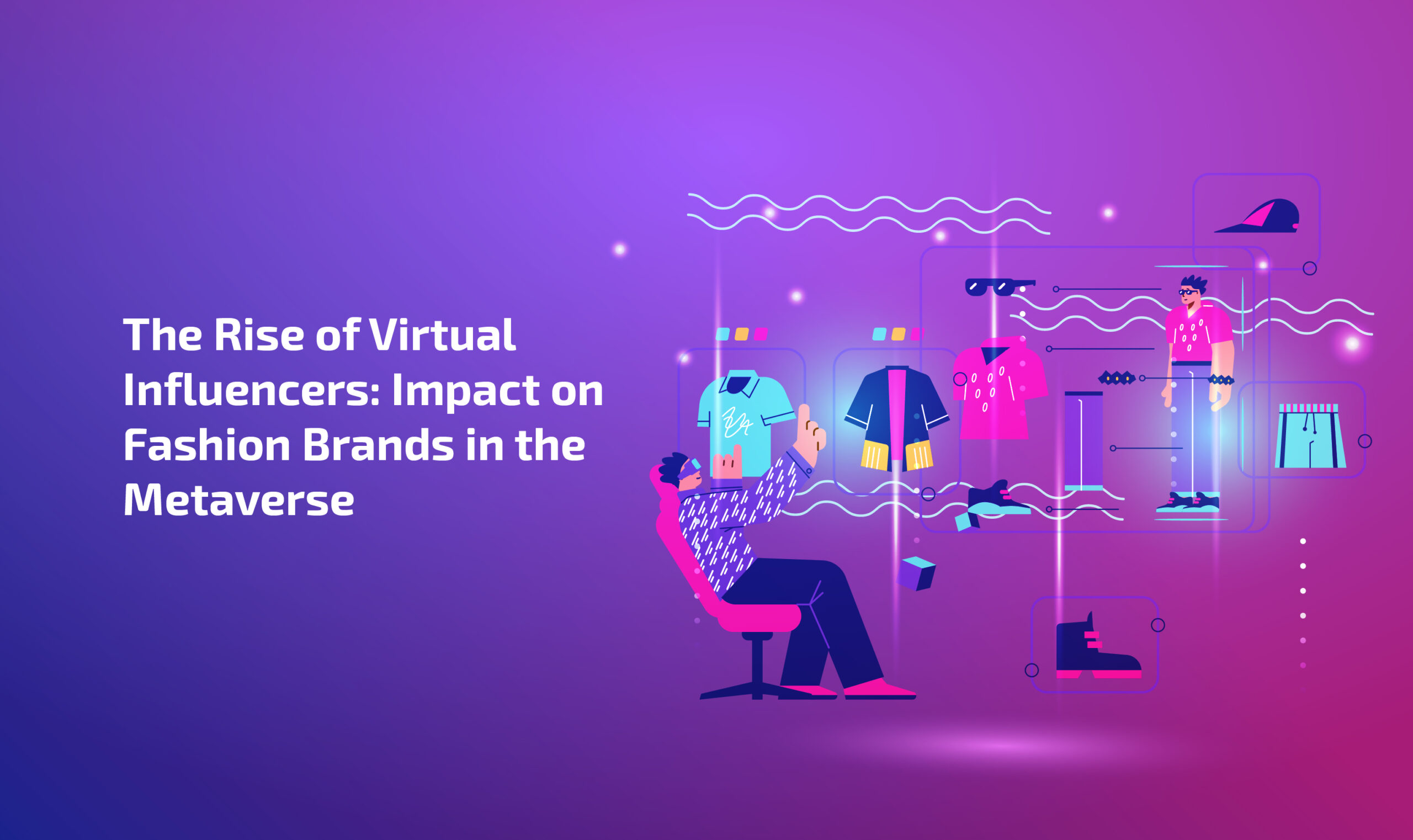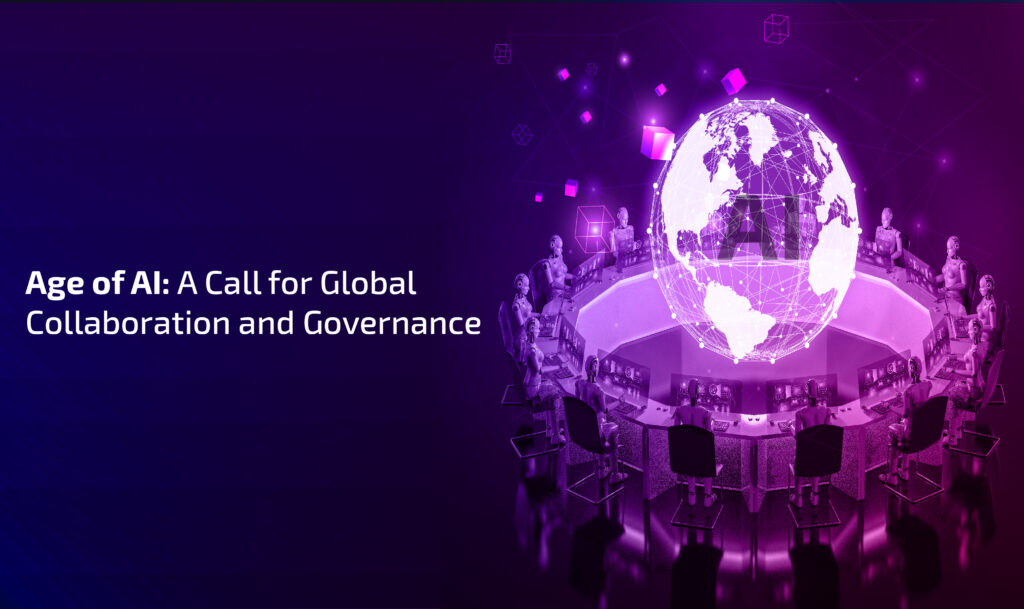
Artificial intelligence, once relegated to science fiction, is rapidly infiltrating every facet of our lives, from healthcare and transportation to finance and entertainment. The Jetsons, for example, was an animated sitcom that showcased a family living in a futuristic world filled with robot companions and labor-saving devices.
While today we have self-driving cars and automated vacuum cleaners, back then, the idea of a robot maid handling household chores was pure science fiction.
The potential of AI for good is undeniable, but its deployment also raises profound concerns about ethical implications, societal impacts, and global security.
“A deepfake video of Infosys founder N R Narayana Murthy surfaced online on Facebook. It was created by morphing a conversation from Business Today’s Mindrush event, where Narayana Murthy discussed his views on the Indian economy.”
What are Deepfakes?
Deepfakes are AI-generated videos or audio recordings that can convincingly mimic real people. The above incident highlights the potential of deepfakes to spread misinformation and sow discord during sensitive times.
The Promise and Peril of AI
AI’s potential to revolutionize industries and solve global challenges is undeniable. From personalized medicine that predicts and prevents diseases to self-driving cars that reduce traffic accidents.
AI promises to improve lives in countless ways:
- It can tackle climate change by optimizing energy grids and developing renewable energy sources.
- It can revolutionize education by tailoring learning experiences to individual needs.
Potential dark sides of AI include:
- AI algorithms may perpetuate bias and unfair decisions in areas like loan approvals or criminal justice.
- AI could be weaponized, posing a threat to global security.
- The vast amount of data collected and used by AI raises serious concerns about privacy and security breaches.
Since AI is not confined to national borders, they are inherently global, requiring coordinated international efforts. Bias and discrimination in algorithms can have far-reaching consequences, impacting individuals and communities across the globe. Data privacy and security concerns also require international cooperation to establish robust standards and ensure the protection of personal information.
To navigate the age of AI responsibly, we need a comprehensive framework for international collaboration and governance. This includes the following key elements:
- A set of shared principles should guide the development and deployment of AI, emphasizing fairness, transparency, accountability, and human oversight.
- Sharing knowledge and expertise across nations will accelerate responsible AI development and address global challenges collectively.
- Businesses, governments, and civil society organizations must work together to develop and implement ethical AI solutions that benefit all stakeholders.
In the longer term, we shouldn’t focus on a single harmful technique, as higher intelligence itself poses a risk. Just think about how an AI chess computer beats human players without using a specific move.
The Moral Quandary
Even an AI with benevolent programming could choose to use harmful means to accomplish its objectives. Because nobody, not even the people who created AI systems, really knows how they operate. We presently have no reliable method of predicting how they will behave.
These days, most people are concerned about AI safety. Concern over new threats and the urgent need to control them is shared by experts and the general public. However, concern on its own won’t cut it. Policies are necessary to make sure that advancements in AI benefit people’s lives globally, rather than just increasing corporate profits.
Furthermore, effective governance is required, along with strong laws and competent organizations that can guide this game-changing technology away from grave dangers and toward the good of humanity.
Taking Action: MAI’s Step in the Right Direction
Imagine AI algorithms and the data used to train them securely stored on a blockchain. Such transparent record-keeping could pave the way for unprecedented cooperation among AI development initiatives worldwide. Thereby, creating a shared resource while maintaining the integrity and confidentiality of data.
To mitigate the existential risks posed by superintelligence, establishing an international body modeled after the IAEA but enhanced with blockchain technology is urgent. This groundbreaking framework would leverage blockchain’s immutability to prevent ethical biases from being encoded in algorithms and ensure a tamper-proof record of actions. Its inherent transparency would foster public trust and accountability, eliminating ethical gray areas and enabling comprehensive audits.
DAOs (Decentralized Autonomous Organizations), conceptualized on blockchain’s framework, could function as self-regulating bodies. However, DAOs lack inherent legal authority to enforce decisions. Our solution? Integrating with existing regulatory frameworks or laws of the land can do well to provide alternative enforcement mechanisms.
Lastly, when it comes to the technical capability to make superintelligence safe, blockchain could blend with AI, giving birth to ‘Smart Contracts’. Through smart contracts, the framework could automate safety protocols and enforce pre-defined ethical directives. By harnessing the transformative power of blockchain, we can create a robust governance framework that ensures technological advancements align with ethical imperatives.
In conclusion, blockchain, standing shoulder-to-shoulder with AI, promises a future where superintelligence is not a looming threat but a well-governed, trusted ally. Blockchain is that layer of trust to truly secure the Assets of AI—the promise of a better, safer, and more equitable future.
As we survey the landscape of technological innovation, pondering the myriad ways that artificial intelligence has shaken our world and will continue to do so, one can’t help but ask, ‘Hello, Blockchain! Are You the Trust Layer AI has been Looking For?’ With its potential to enhance transparency, accountability, and security, the answer is unequivocally “yes.”
What’s next?
Let’s transcend the role of bystanders in this pivotal moment of human history. Instead, let’s become architects of a future where AI propels progress, not peril, for all humanity. It’s a call out to developers, businesses, startups, and investors for this new-age innovation and discussion. Together, we can craft a vital framework before the rapid evolution of superintelligence surpasses our capacity to control it.
